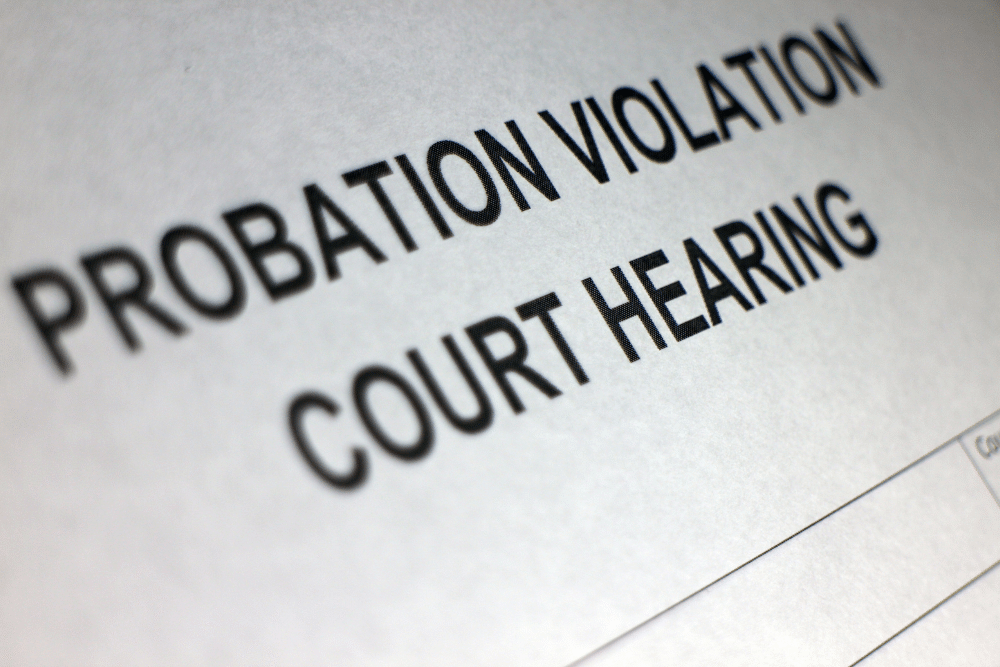Chicago PD Could Tighten Procedures After Scathing Press
When you’re convicted of a crime in Illinois, the punishment can often amount to jail time. However, it’s not uncommon for some defendants to be sentenced to probation instead.
Probation, also known as supervised release, allows the person convicted to continue life outside of jail. They remain supervised for the safety of those around them. If they break the terms of probation, they return to jail.
Probation should help rehabilitate those with criminal convictions while keeping the community safe, but it doesn’t always work as intended. A Chicago case shows just how terrible things can turn if those sentenced to probation don’t follow the rules – and the proper enforcement doesn’t revoke their probation in time.
A man on probation for robbery was not living up to the requirements. He slipped through the cracks and was never sent back to jail. Further down the line, he allegedly raped a woman near the Belmont Red Line station.
What is probation and how does it differ from parole? Here’s what you need to know about probation, its violation, and what’s supposed to happen if you flout its conditions.
Probation vs. Parole
Some people use the terms “probation” and “parole” interchangeably. While they may describe the conditional release of an offender, in practice, they look very different.
Probation encompasses an alternative sentence to prison time. It is ordered instead of a prison sentence or as a suspension of one. This means if probation is violated, you’ll serve the rest of the sentence in prison.
Parole, on the other hand, is a conditional release from prison. The correctional system in the state oversees it. Those on parole have served a percentage of their sentence in prison. After some time, the parole board deemed them eligible for early release, to serve the rest of their sentence on parole.
What do parole and probation have in common? If their terms are violated, the person convicted will be sent to jail.
What Are the Terms of Probation in IL?

When placed on probation by the court, you are expected to comply with certain terms after the period has ended. The terms of probation depend on the specific case involved, but most people on probation are expected to:
- Meet regularly with a probation officer
- Appear at all court hearings
- Refrain from committing any other crimes
- Take drug and alcohol tests
- Complete drug and alcohol counseling
- Pay fines or restitution
- Avoid certain people or places
- Finish community service hours assigned by the court
If you fail to meet these terms, you violate probation. In some cases, the probation officer may simply give you a warning. In more complicated circumstances, you may have to go before a judge. They will rule to determine whether or not you violated the terms of your probation.
The judge may settle on jail time, or they may decide on new terms to continue probation, like payment of additional fines.
If you must complete the sentence in jail, you might serve the full term of the original sentence or just the remainder of the probation period. That’s up to the judge.
Probation needs to be taken seriously, but mistakes do happen. If you violate your probation, contact your probation officer right away to straighten out the matter. Take responsibility, or you could face lasting consequences.
About the Author:
Andrew M. Weisberg is a former felony prosecutor who now serves as a defense attorney in the greater Chicago area. He has extensive experience in handling all types of criminal cases, from sex offenses and domestic violence to retail theft-related crimes, murder, and drug crimes. His work has been recognized by Avvo, Expertise, National Trial Lawyers, and others, and he has been featured on countless news outlets for his experience and knowledge in criminal law.







 Blog Home
Blog Home 










